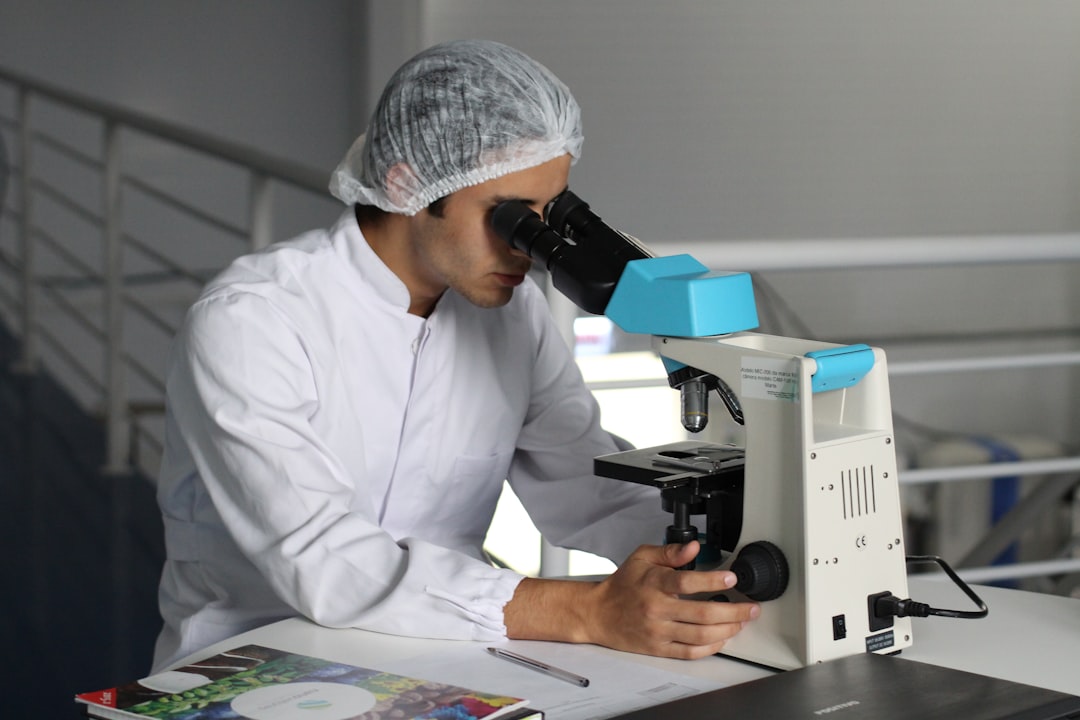What is it about?
he effects of the GST genes (GSTM1, GSTT1 and GSTP1) on male factor infertility have not been well elucidated. A case-control study was performed to investigate the association between functionally important polymorphisms in GST genes and idiopathic male infertility.
Featured Image

Photo by Aditya Romansa on Unsplash
Why is it important?
Infertility is a multifactorial disorder affecting one in ten couples, and in 50% of infertile couples, the male factor due to deteriorated semen quality is a major cause. In about 30% of infertile men seeking help for their problem, the etiology and pathogenesis are not yet known and their condition is considered idiopathic. Several studies over the past two decades have suggested that the quality and quantity of human semen is declining worldwide in industrialized countries, raising concern about male fertility in the future.4,5 Although exact possible causes are not yet understood clearly, interactions between genetic and environmental factors have been suggested to be implicated with deteriorated semen quality. Damage to the genetic component of spermatozoa have a crucial role in a majority of cases where current investigations fail to detect the specific cause of male infertility. It has been shown that some genetic polymorphisms are associated with impaired spermatogenesis in infertile men with idiopathic oligoasthenoteratozoospermia. Indeed genetic causes are implicated for 60% of cases of idiopathic infertility. Xenobiotics comprise the majority of the environmental factors.
Perspectives
Our findings suggest that GST gene polymorphism is associated with an increased probability of infertility. Risk to infertility was further found to increase in subjects carrying the combination of null or variant genotypes of GSTs. Also, several fold increased risk in the infertile cases carrying combinations of risk genotype of GSTs implies that interaction between the genes involved in detoxifying reactive oxygen species may be important in detecting the susceptibility to infertility.
Dr Mohammad Reza Safarinejad
University of Medical Sceices
Read the Original
This page is a summary of: The association of glutathione-S-transferase gene polymorphisms (GSTM1, GSTT1, GSTP1) with idiopathic male infertility, Journal of Human Genetics, May 2010, Springer Science + Business Media,
DOI: 10.1038/jhg.2010.59.
You can read the full text:
Resources
Contributors
The following have contributed to this page










